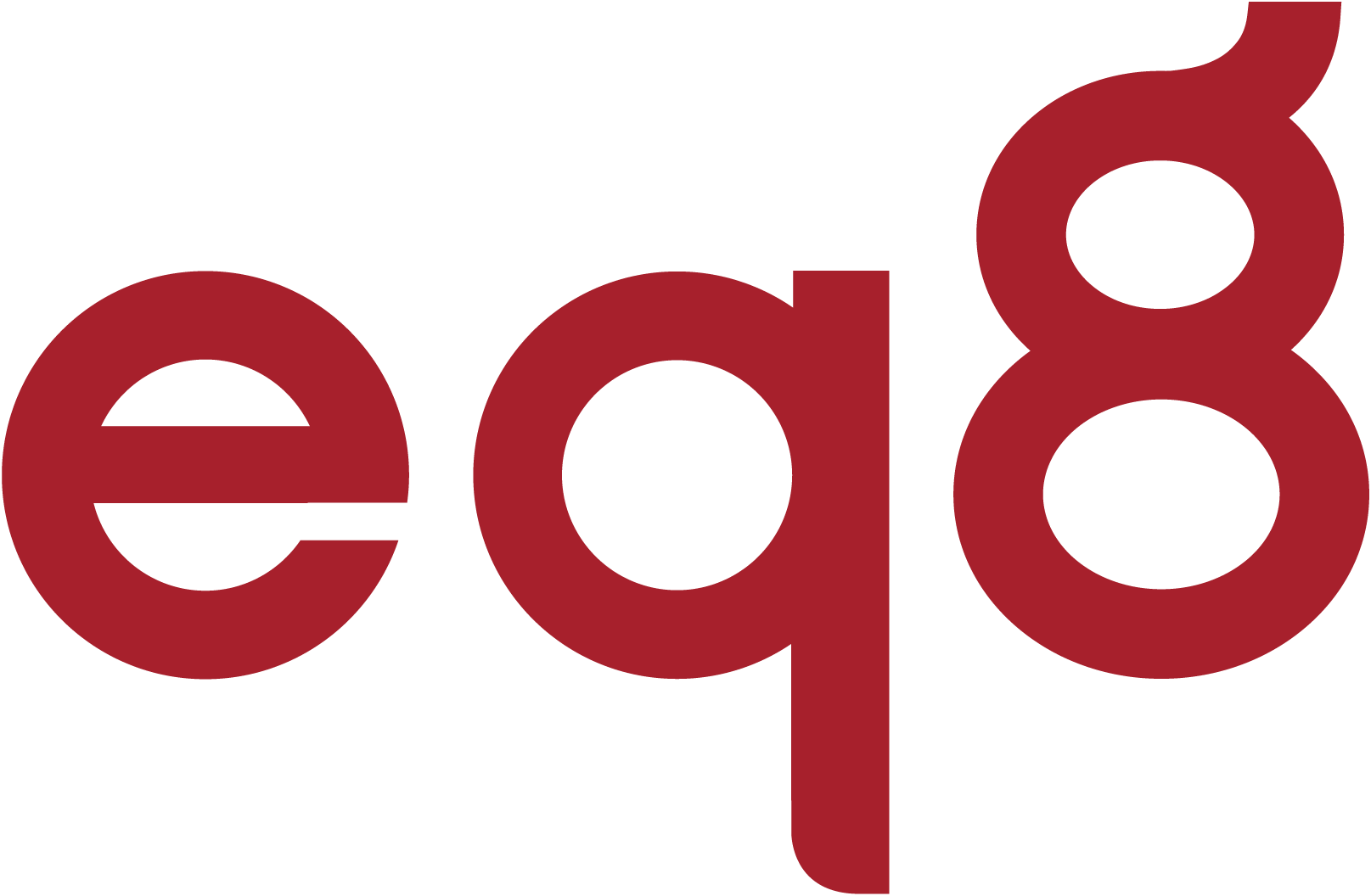

The convenience of investing, flexible market access, diversification options, and a low fee structure have contributed to the adoption of Exchange Traded Funds (ETF) by individual investors, robo-advisers, wealth planners, and institutions as part of their investment portfolios.
As its name implies, Exchange Traded Funds are investment funds that trade on the stock exchange. Whilst it is a pool investment instrument like a unit trust, it differs in its investment strategy by tracking a specific index. Thus, through a single ETF trade, an investor gains diversified exposure to all the constituents of the corresponding index. The index constituents are published publicly every day, giving ETF investors the appeal of transparency.
INDEX - The Kuala Lumpur Composite Index, Standard & Poor's 500, and Dow Jones Islamic Market U.S. Titans 50 are examples of indices. An ETF tracking an index aims to mimic the composition and performance of the identified index.
When a company in the ETF index constituent performs poorly, it is replaced with a better performing one by the index provider, following the index criteria. This transition occurs seamlessly, requiring no effort from investors. It reflects the dynamic nature of ETFs, offering a hands-off yet strategic approach for navigating changing market conditions. This periodic review process of the index is known as Index Rebalancing.
| ETFs | Unit Trust Funds | Stocks | |
|---|---|---|---|
| Buy / Sell | Traded via broker on a public market | Sold by agents through private channels | Traded via broker on a public market |
| Investing Objective | To track the performance of a specific index in a particular market, sector or asset class | To maximise returns and outperform the benchmark index through active management | To achieve capital appreciation and/or income through dividends by selecting individual stocks |
| Management Type | Passively Managed | Actively Managed | - |
| Diversification | Yes | Yes | No |
| Real-time | Yes, continuous trading and pricing throughout the trading day. | No | Yes, continuous trading and pricing throughout the trading day. |
| Holding Transparency | Reported daily | Reported monthly | Not Applicable |
| Annual Management Fees | Usually less than 1% of the Fund's NAV | Up to 2% of the Fund's NAV | - |
| Entry Fees | Usually less than 1% for brokerage fee, clearing fee, and stamp duty | Up to 5.5% of upfront sales fee | Usually less than 1% for brokerage fee, clearing fee, and stamp duty |
| Minimum Investment Amount | 100 units | Most Unit Trust Funds require an initial minimum investment of RM1,000. | No minimum investment amount |